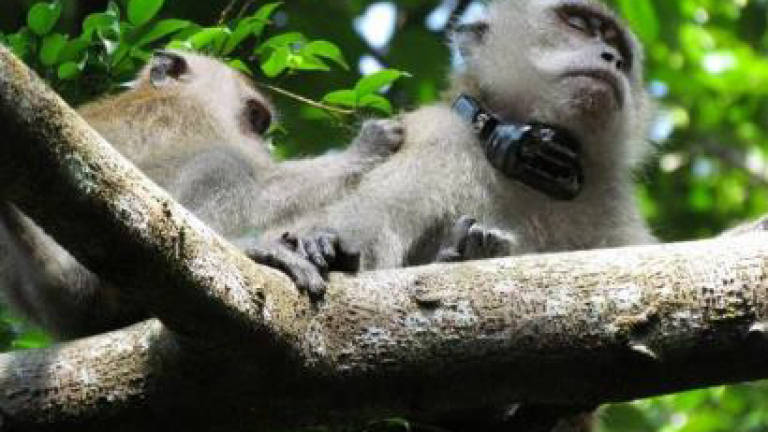Shedding more light on new malaria

PETALING JAYA: Scientists investigating a form of malaria that is causing some concern in Malaysia and the Philippines have been making some progress to better understand the workings of this new menace.
The new malaria is caused by a parasite – Plasmodium knowlesi – and is mostly found in Sabah and Palawan (the Philippines).
The parasite is carried by the long-tailed macaques.
Scientists from Malaysia, the Philippines, United Kingdom and Australia recently gathered at the Queen Elizabeth Hospital in Kota Kinabalu to review the "Monkeybar" project investigating this new malaria.
P. knowlesi has recently been added to the list of known human malaria.
Dr Timothy William, the principal Malaysian investigator of the Monkeybar project, said that although the natural hosts of this malaria are macaque monkeys, over the last 10 years it has been found in the human population.
"It is now the most common human malaria in Malaysian Borneo (Sabah and Sarawak)," he added.
He said over the past two decades Malaysia has made extraordinary progress in eliminating malaria.
"It is only because of this success that the importance of P. knowlesi has become apparent. (Previously), relatively little is known about how and why it has crossed over into the human population," he added.
The five-year project is now in its third year, and is collecting some useful data.
Prof Chris Drakeley of the London School of Hygiene and Tropical Medicine said the new disease has been shown to respond well to current malarial treatments.